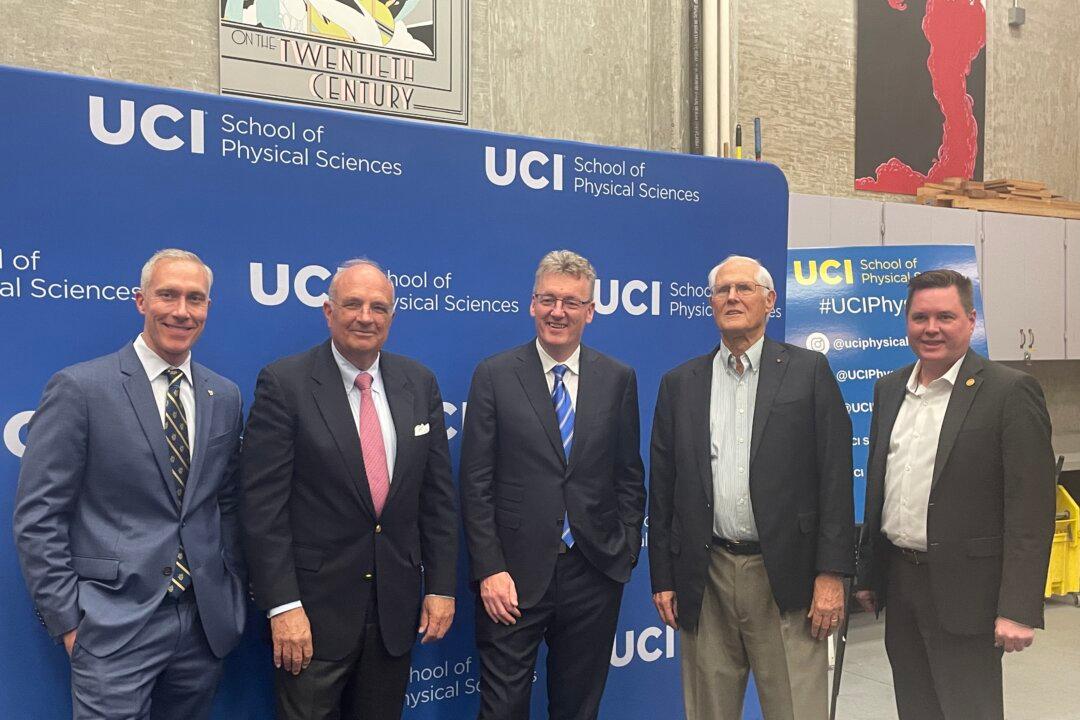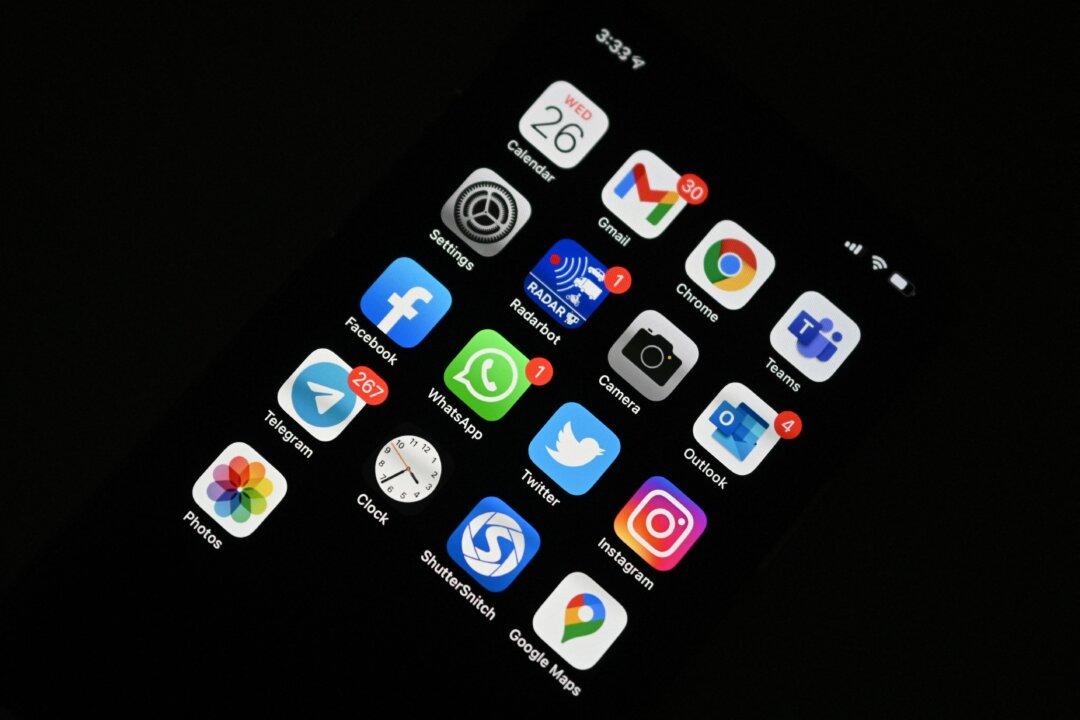IRVINE, Calif.—The 2021 Chemistry Nobel Prize winner and University of California–Irvine alumnus David MacMillan has a lot to say about what it was like to win.
His story—coupled with his massively successful research—made for an evening of riveting recollections laced with laughter and happy tears as he took the stage May 24 at UC Irvine’s Barclay Theatre.




